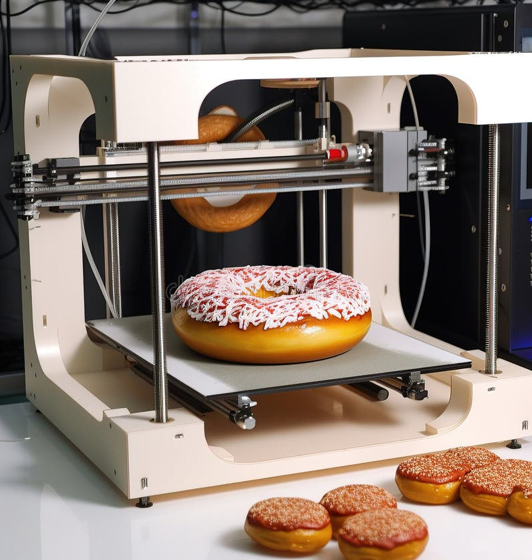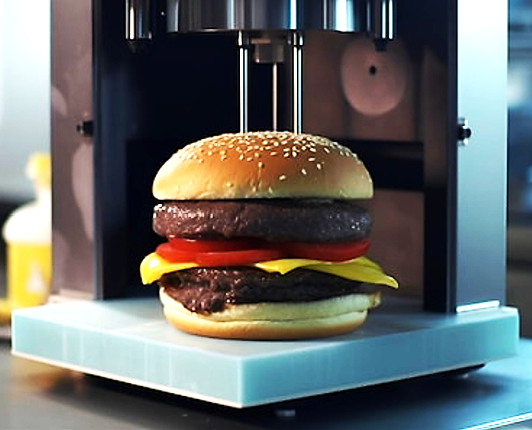3Dプリント食品の柔らかい質感とカスタマイズ可能な栄養組成は、持続可能な食品供給と健康促進の可能性を秘めています。本研究は、高齢者消費者の食事管理におけるその潜在能力に焦点を当て、食事の楽しみと栄養摂取の重要な側面を強調しています。構造方程式モデリングとクラスター分析を用いて、この研究は日本の高齢者消費者における受容に影響を与える要因を分析し、消費者セグメントをプロファイル化することを目指しています。調査結果は、消費者の環境意識の重要性を強調しており、これが有用性の認識を介して媒介され、3Dプリント食品製品の受容を促進する上で重要な役割を果たしていることを示しました。また、トレンド感受性が3Dプリンティング技術の認識と有用性の媒介を通じて、3Dプリント食品の購買意欲に影響を与えることを示しました。これらの要因が購買意向に大きく影響を与える可能性があることを示唆しています。なお、この傾向は、比較的強い3Dプリント食品の購買意欲を示す消費者のプロファイルで一貫して現れています。本研究は、高齢者消費者の3Dプリント食品の受容に影響を与える要因と消費者プロファイルを明らかにし、新しい食品技術の採用に向けた重要な示唆を提供しています。
The soft texture and customizable nutrient composition of 3D printed foods hold promise for sustainable food supply and health promotion. This study focuses on their potential in dietary management for senior consumers, emphasizing the crucial aspects of food enjoyment and nutritional adequacy. Employing structural equation modeling and cluster analysis, this study aims to analyze factors influencing acceptance and profile consumer segments among senior consumers in Japan. Findings highlight the significance of consumers’ environmental consciousness, which, mediated by perception of usefulness, plays a pivotal role in fostering acceptance of 3D printed food products. We also demonstrated that trend-sensitivity influences the willingness to purchase 3D printed foods through the mediation of awareness of 3D printing technology and perceived usefulness, suggesting that these factors might significantly affect purchase intention. This consistently appeared in the profiles of consumers exhibiting a relatively strong willingness to purchase 3D printed foods. The study elucidates factors and consumer profiles influencing the acceptance of 3D printed foods among senior consumers, providing crucial insights for the adoption of novel food technologies.
雑誌名
発表タイトル
Acceptance of 3D printed foods among senior consumers in Japan
著者名
Ryoma Shigi, Yuna Seo
DOI
引用
Ryoma Shigi, Yuna Seo(2024), Acceptance of 3D printed foods among senior consumers in Japan, Food Quality and Preference, in press.



